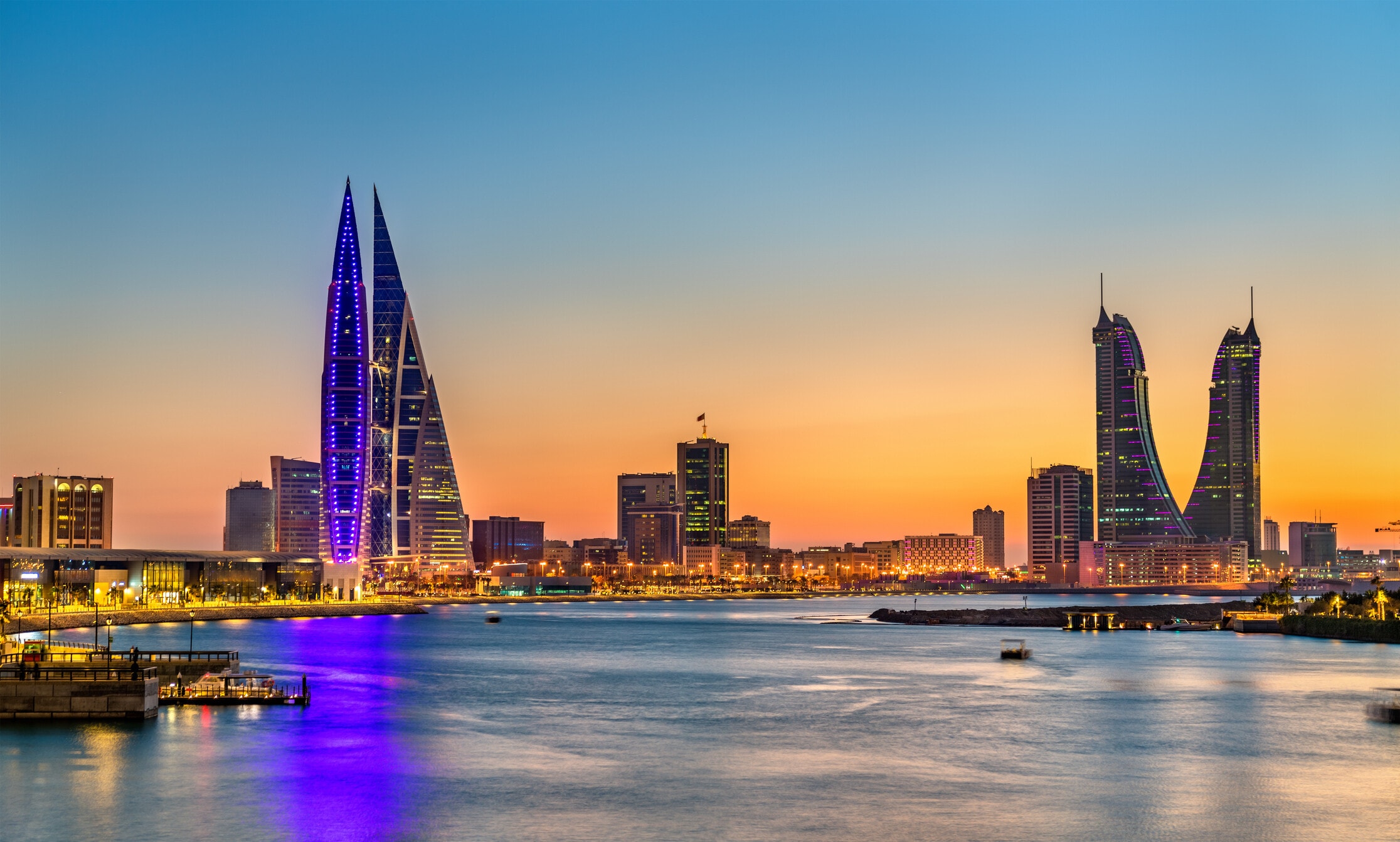These are the 22 best universities in emerging economies

These are the best universities in the developing world, according to The Times Higher Education.
Image: REUTERS/Brian Snyder
Stay up to date:
Media, Entertainment and Sport
While universities in the US and Europe have a strong grip on global rankings, they will do well to avoid becoming complacent.
Universities in India, Russia and especially China are making big strides according to the Times Higher Education BRICS & Emerging Economies University Rankings 2017.
China has the highest density of leading universities in the developing world.
The country dominates the list, taking 52 spots in the top 300.
Meanwhile Fudan University rose 11 places to sixth this year, and Peking and Tsinghua universities keep hold of the top two spots for the fourth year running. on to the top two spots for the fourth year running.
Meanwhile the Indian Institute of Science broke into the top 15 for the first time this year due to boosts in its teaching environment and research influence.
Here is the list of the top 22 universities in the emerging world:
22. National Cheng Kung University — NCKU, in Tainan, Taiwan, is one of the country's best schools, scoring 39.3 overall.
21. Wuhan University – The university in Wuhan, capital of China's Hubei province, has a 123-year history. It has an overall score of 40.1 in the ranking.
20. National Chiao Tung University — Located in Hsinchu, Taiwan, Chiao Tung has been home to several Nobel Prize winners, including Yuan T. Lee, who was awarded the 1986 Nobel Prize in Chemistry. It just pipped Wuhan with 41.3 points overall.
19. National Research Nuclear University – Based in Moscow, the university used to be a strategic nuclear facility before opening up to international students in the 2000s. It achieved a score of 41.5 overall.
18. Sabanci University — Sabanci was founded in 1994, and is ranked as the Turkey's second-best university. It raised its score in the citations category to 61.6.
17. National Tsing Hua University — Tsing Hua, not to be confused with Tsinghua University in Beijing, is home to around 12,000 students and gained an overall score of 42.2, up from 40.2 in the previous year's ranking.
16. Central European University – CEU is an English-language university based in Budapest and founded in 1991. Over 76% of its student population is international.
15. Koç University — Named after its founder, Vehbi Koç, this private university in Istanbul ranks as the best in Turkey, scoring 44.2 overall.
14. Indian Institute of Science — India's top institution of higher learning, according to Times Higher Education. The IIS scored 45.8 overall, with a teaching score of 50.1.
13. University of Sao Paulo — Brazil's top university gained an overall score of 47.2. The school counts many of Brazil's most successful people as alumni, including Euryclides de Jesus Zerbin, who completed Latin America's first successful heart transplant.
12. Moscow Institute of Physics and Technology – The 5,535 students of the Moscow Institute of Physics and Technology enjoy great access to teachers, with an average of just 7.8 students per staff member.
11. Nanjing University — Founded in its current form in 1902 but with roots as far back as 258, Nanjing is one of the oldest and most prestigious universities in China. Overall, it scored 48.4 out of 100, up from just under 43 in the previous year.
10. National Taiwan University — Based in the capital, Taipei, National Taiwan University, scored 49.8 overall, ranking highly for citations, research and teaching.
9. Zhejiang University — Founded in 1897 and a member of the Yangtze Delta Universities Alliance — a sort of Chinese Ivy League — Zhejiang educates 45,000 people. Its overall score was 51.8, sharply up 45.9.
8. University of Witwatersrand — Witwatersrand in South Africa is the alma mater of Nelson Mandela, who studied law there. The university got an overall score of 52.6, with a healthy 82.9 points in the citations category.
7. Shanghai Jiao Tong University — Jiao Tong, which means "transportation" to highlight its focus on engineering, has become known as the "eastern MIT." It has an overall rating of 52.8, just pipping Witwatersrand.
6. Fudan University — Home to one of China's best journalism schools. Fudan, in China's financial capital, Shanghai, scored 52.9 overall, with a citations score of 65.7.
5. University of Science and Technology of China — Originally located in Beijing, the USTC was moved to the eastern city of Hefei as part of the Cultural Revolution. The university specialises in science subjects, but also awards humanities and management degrees. It scored 53.7 points, up from 48.6 last year.
4. University of Cape Town — Cape Town, which is home to 26,000 students, is the best university not only in South Africa, but the whole of Africa. Times Higher Education gave it an overall score of 55.2.
3. Lomonosov Moscow State University — Russia's top university is Lomonosov, named after founder Mikhail Lomonosov, who started the college in 1755. Today, it is home to 47,000 students in 39 different faculties. Overall, it scored 58.4.
2. Tsinghua University — Tsinghua, in Beijing, is one of two universities in China that are far in the lead over other emerging-markets universities. It gained an overall score of 77.9, thanks in some part to a research score of 89.6.
1. Peking University — Officially the best university outside of the developed world, Beijing's Peking University is home to around 32,000 students and beat out Tsinghua by just 0.9 points, scoring 78.8 in the ranking.
Accept our marketing cookies to access this content.
These cookies are currently disabled in your browser.
Don't miss any update on this topic
Create a free account and access your personalized content collection with our latest publications and analyses.
License and Republishing
World Economic Forum articles may be republished in accordance with the Creative Commons Attribution-NonCommercial-NoDerivatives 4.0 International Public License, and in accordance with our Terms of Use.
The views expressed in this article are those of the author alone and not the World Economic Forum.
Related topics:
Forum Stories newsletter
Bringing you weekly curated insights and analysis on the global issues that matter.
More on Education and SkillsSee all
Laurel Taylor
August 18, 2025
Antara Choudhury and Vivin Rajasekharan Nair
August 14, 2025
Rawan bint Najeeb Tawfeeqi
August 11, 2025
Neeti Mehta Shukla
August 1, 2025
Naoko Tochibayashi
July 30, 2025





